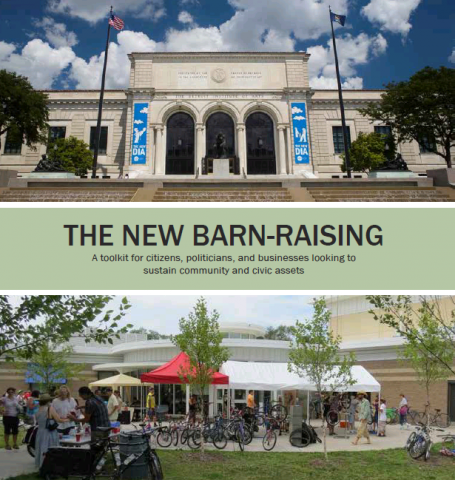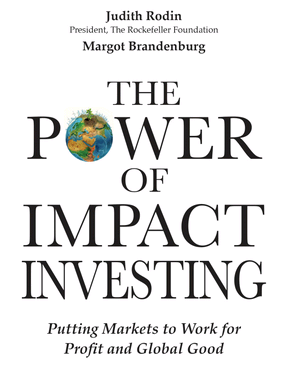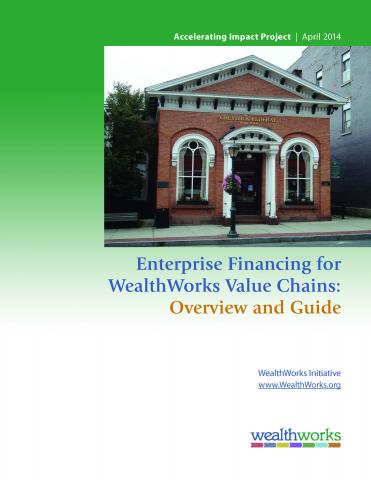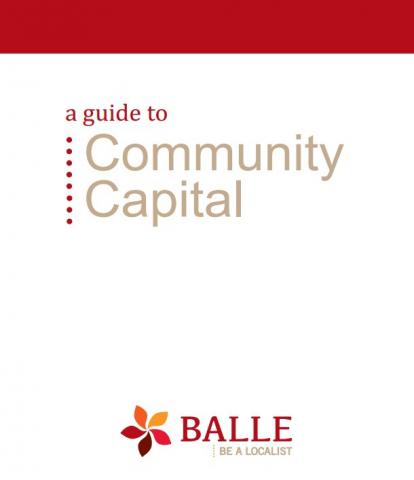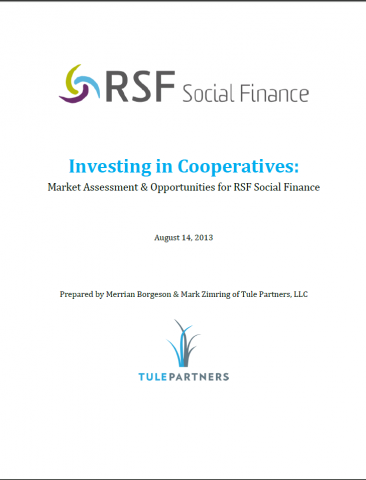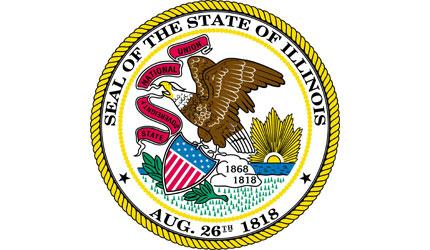The Greater Cincinnati Foundation (GCF) is the first community foundation in the country to offer a portfolio of impact investment opportunities—i.e., investment opportunities intended to achieve both a financial and social or environmental return—to its donor advised fund holders. Aiming to increase its investments in the local community, provide a new way to engage existing donors, and attract new donors, GCF committed $10 million of its unrestricted endowment to impact investments and plans to co-invest with its fund holders in every deal. Read more about Greater Cincinnati Foundation (GCF)...
